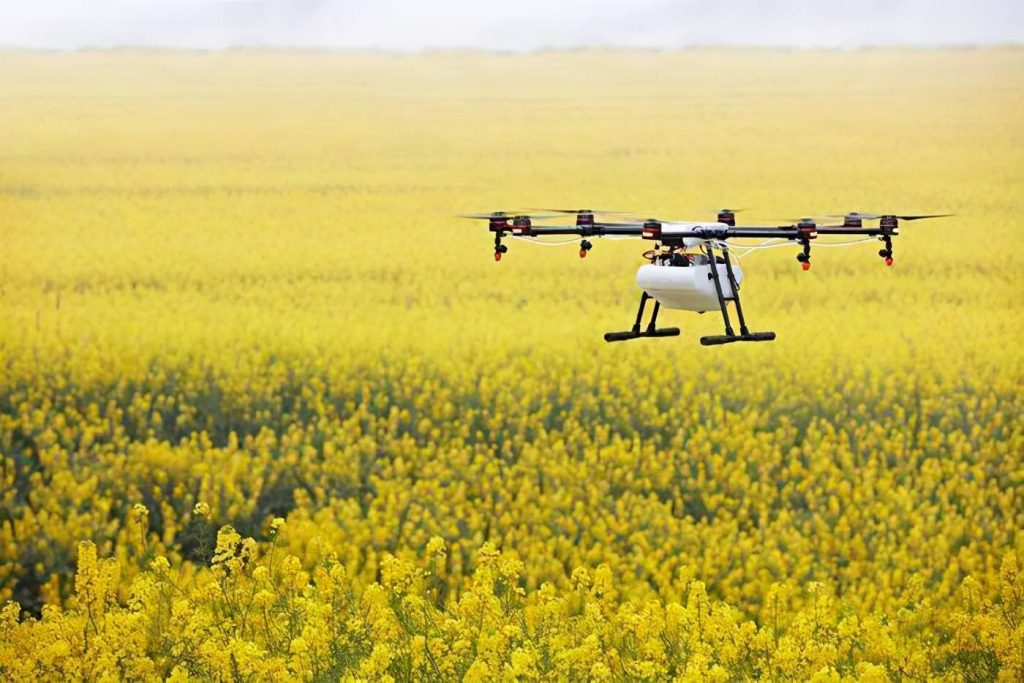Artificial Intelligence (AI) is revolutionizing agriculture by providing farmers with advanced tools to optimize crop management, increase yields, and promote sustainability. In this article, we delve into the transformative impact of AI on the agricultural sector.
AI in agriculture involves the use of machine learning algorithms and data analysis to make data-driven decisions about crop cultivation, resource allocation, and pest control. These AI-driven solutions are helping farmers address the challenges of feeding a growing global population while minimizing the environmental impact of farming.
One of the key applications of AI in agriculture is precision agriculture. AI-powered systems can process data from various sources, including soil sensors, weather stations, drones, and satellite imagery. By analyzing this data, AI can provide insights into soil health, nutrient levels, and crop conditions. Farmers can then make informed decisions about irrigation, fertilization, and pesticide use, optimizing resource allocation and reducing waste.
Machine learning models can predict crop yields based on historical data and environmental factors. These predictive models enable farmers to plan harvest and distribution activities more effectively, reducing post-harvest losses and ensuring a more reliable food supply.
AI-powered drones equipped with cameras and sensors provide real-time imagery of fields, allowing farmers to monitor crop health and detect early signs of pest infestations, disease outbreaks, or nutrient deficiencies. This early detection enables timely intervention, minimizing crop losses and reducing the need for chemical pesticides.
Automation is another essential aspect of AI in agriculture. Robotic machinery can perform tasks such as planting, weeding, and harvesting with precision, reducing labor requirements and improving operational efficiency. Autonomous tractors and equipment can work around the clock, completing tasks quickly and accurately.
AI-driven decision support systems help farmers make informed choices about crop rotation, planting schedules, and pest management strategies. By analyzing historical and real-time data, these systems offer tailored recommendations that improve overall farm management.
Furthermore, AI promotes sustainability in agriculture. By optimizing resource use and minimizing waste, it aligns with the principles of sustainable farming. Precise application of inputs reduces chemical runoff, conserves water, and reduces the environmental impact of farming practices.
In conclusion, AI is transforming agriculture by providing farmers with advanced tools for data-driven decision-making, resource optimization, and sustainability. As AI technology continues to advance, it promises to play an increasingly vital role in addressing the global challenges of food production and environmental conservation in agriculture.







Please sign in to comment
register